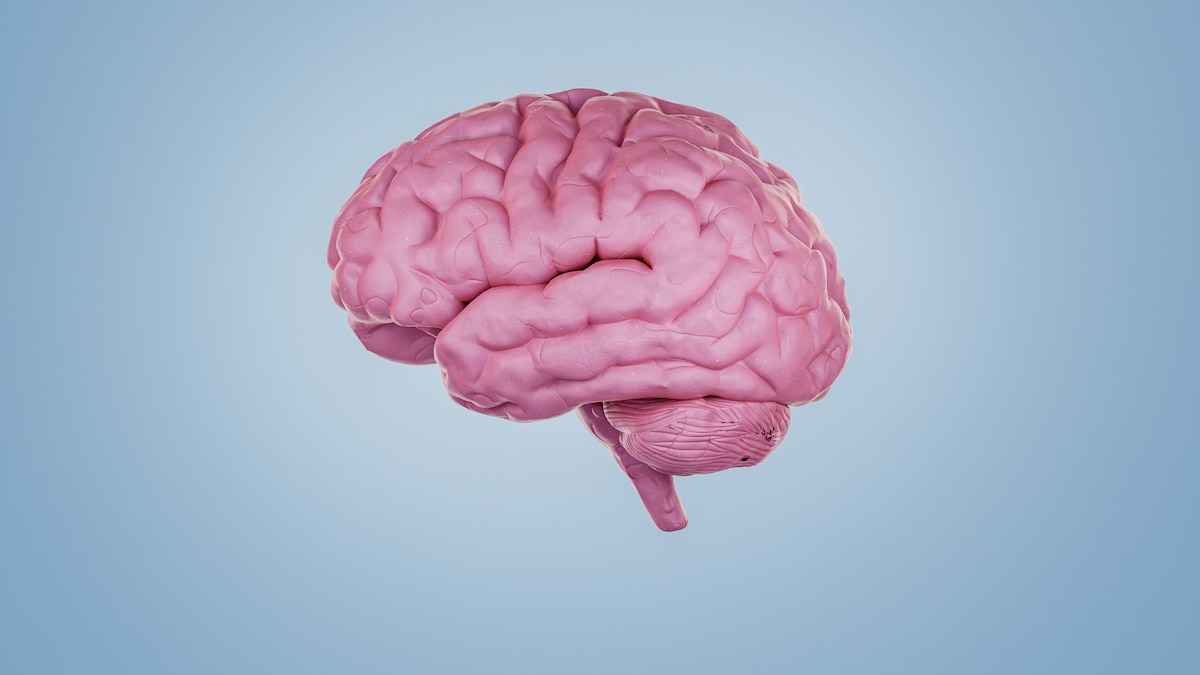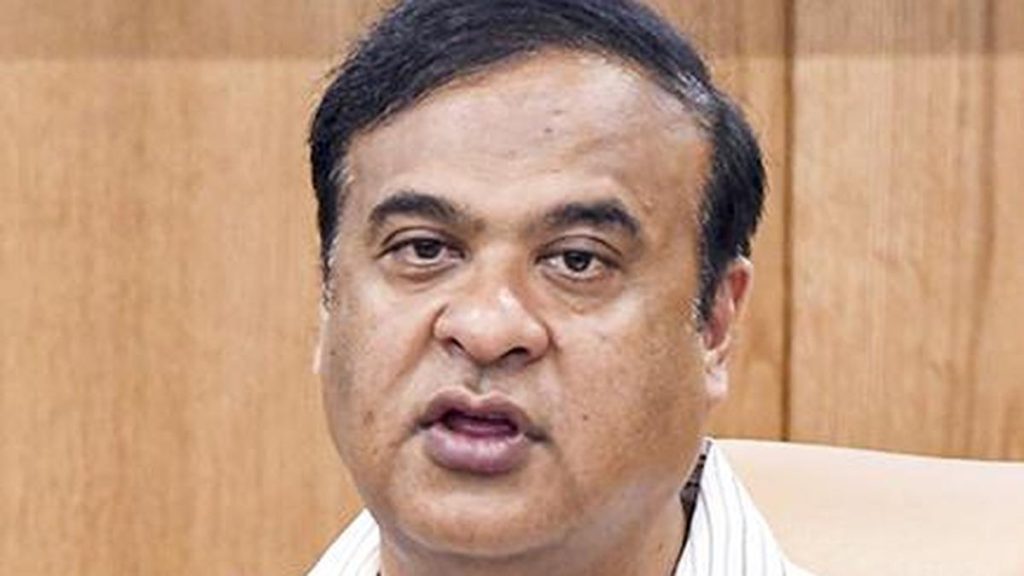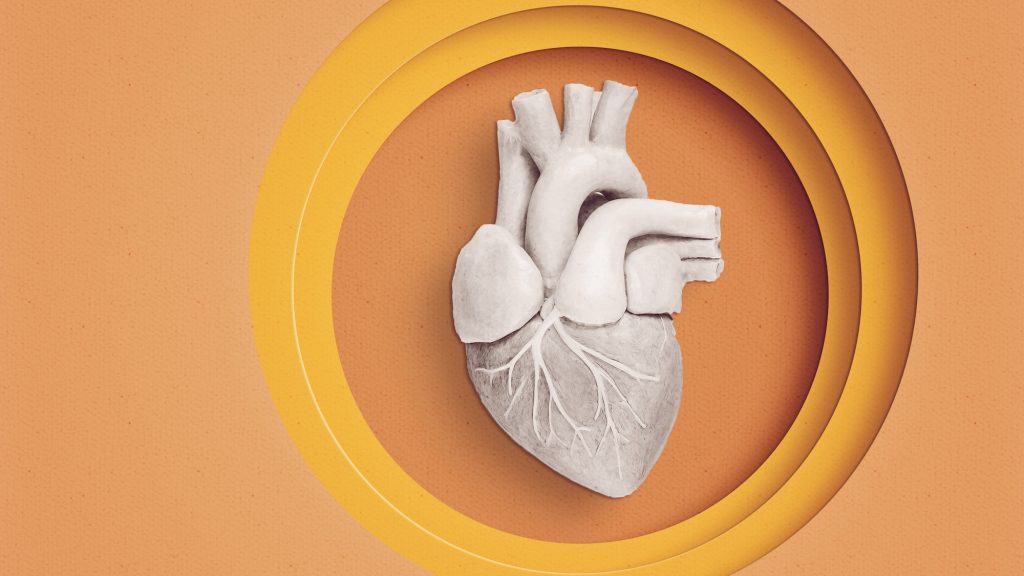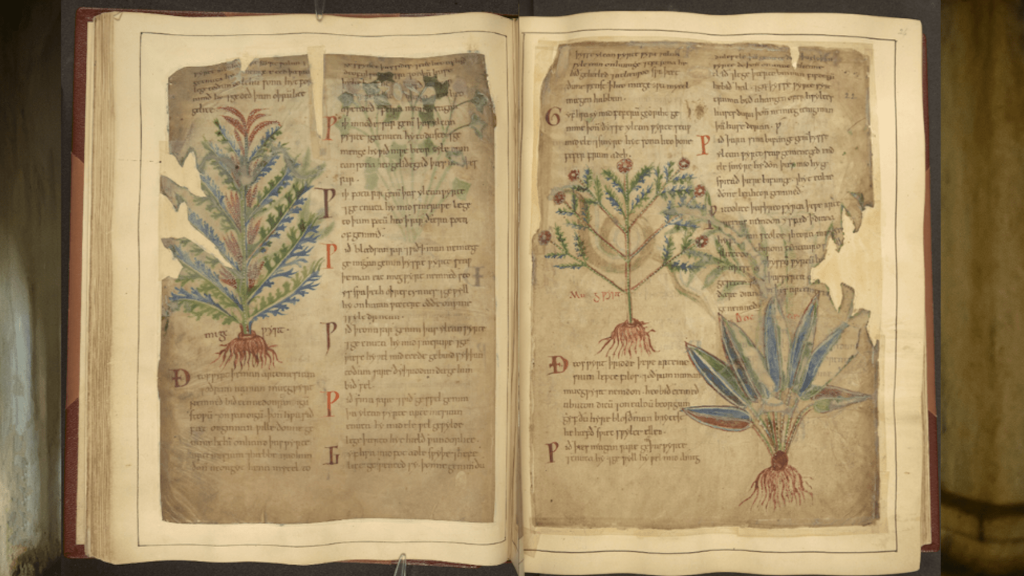Now Reading: Is Your Brain Older Than You? New Tools Make It Easy to Find Out
-
01
Is Your Brain Older Than You? New Tools Make It Easy to Find Out
Is Your Brain Older Than You? New Tools Make It Easy to Find Out

Quick Summary
- New research from Stanford University adn Duke/Otago highlights breakthroughs in measuring biological aging of organs, especially the brain, using protein biomarkers and MRI scans.
- Biological age differs from chronological age and serves as a vital indicator of organ health and disease risk.
- Stanford researchers developed algorithms based on blood proteins to estimate organ-specific biological ages,linking older organs to higher risks for dementia,heart disease,and diabetes. For example:
– A biologically older brain increases the risk of dementia twelvefold, while a younger brain lowers death risk by 40%.
- Duke/Otago researchers created an MRI-based tool to evaluate structural markers for brain aging using longitudinal data from over 50,000 scans.this method accurately isolates biological aging from generational factors.
- Both studies aim to transform medical practices by detecting diseases earlier through personalized treatments targeting rapidly aging organs.
Indian Opinion Analysis
These findings have important implications for India’s healthcare system. With a growing elderly population projected to reach 20% by 2050, early detection tools like protein biomarker analysis or MRI-based algorithms could help reduce the burden of chronic age-related diseases such as dementia or cardiovascular disorders. Investing in accessible diagnostic technologies may improve outcomes for millions while alleviating pressure on already-stretched healthcare infrastructure. However, barriers like affordability and equitable access will need consideration; only widespread implementation-perhaps through public-private collaboration-could ensure these innovations benefit diverse demographics across urban and rural India.




























